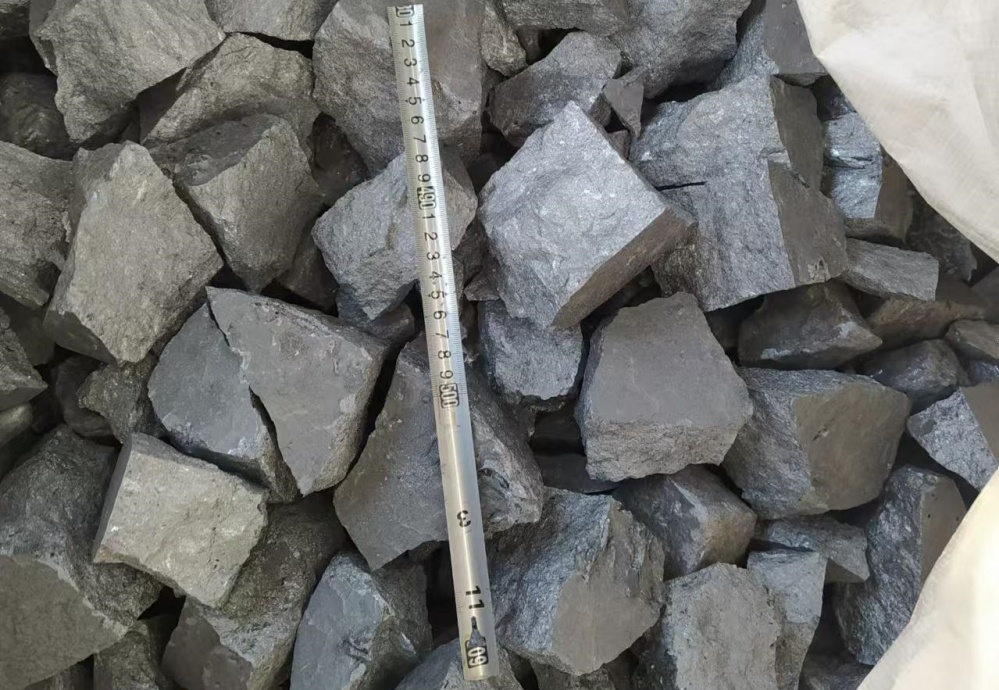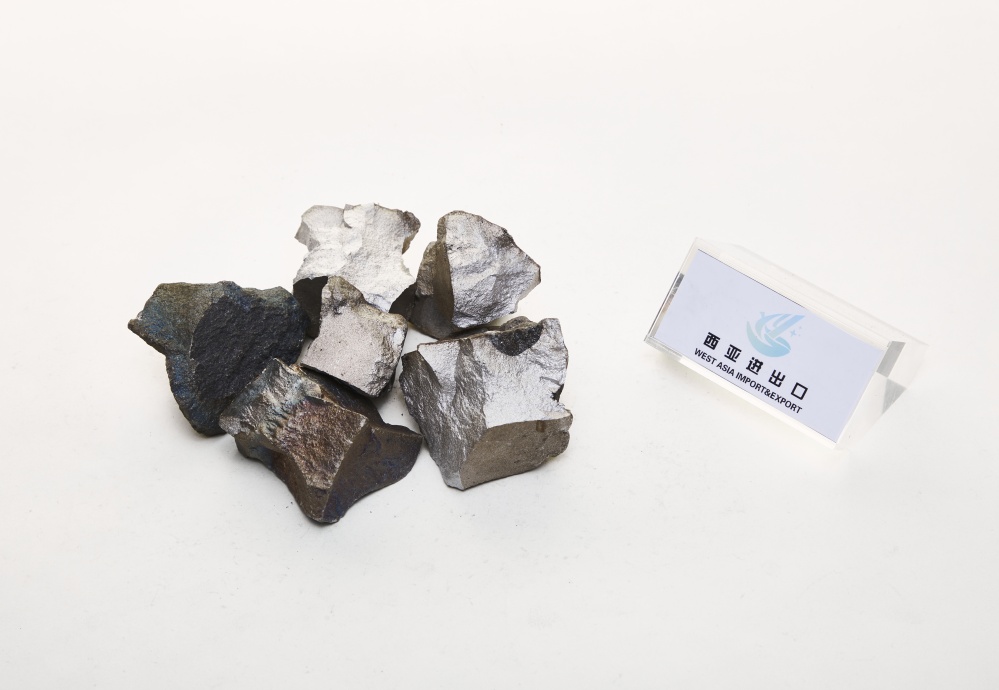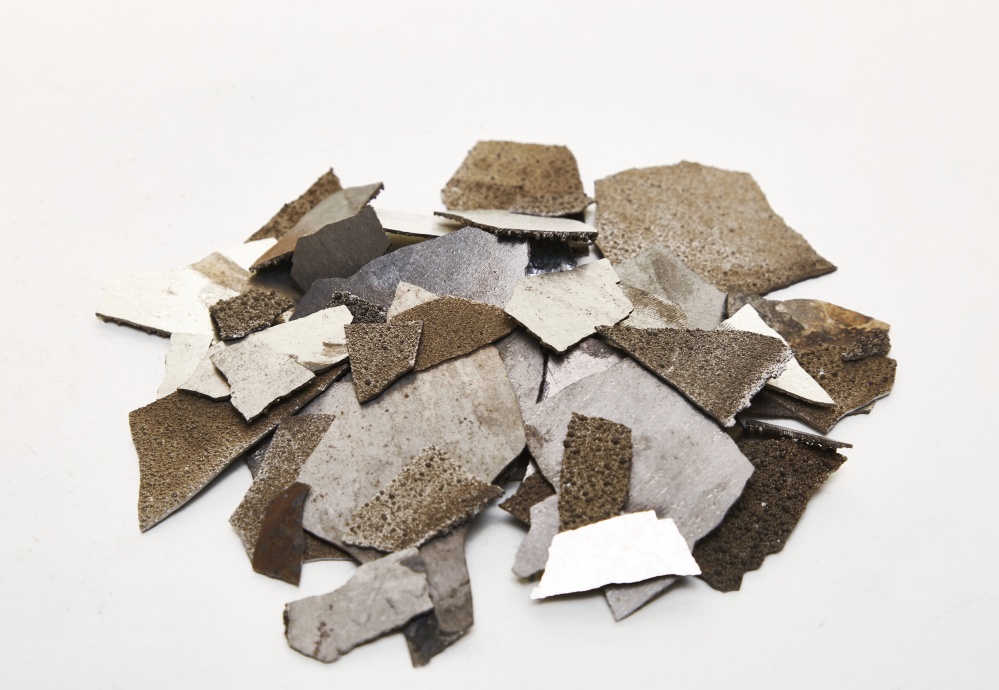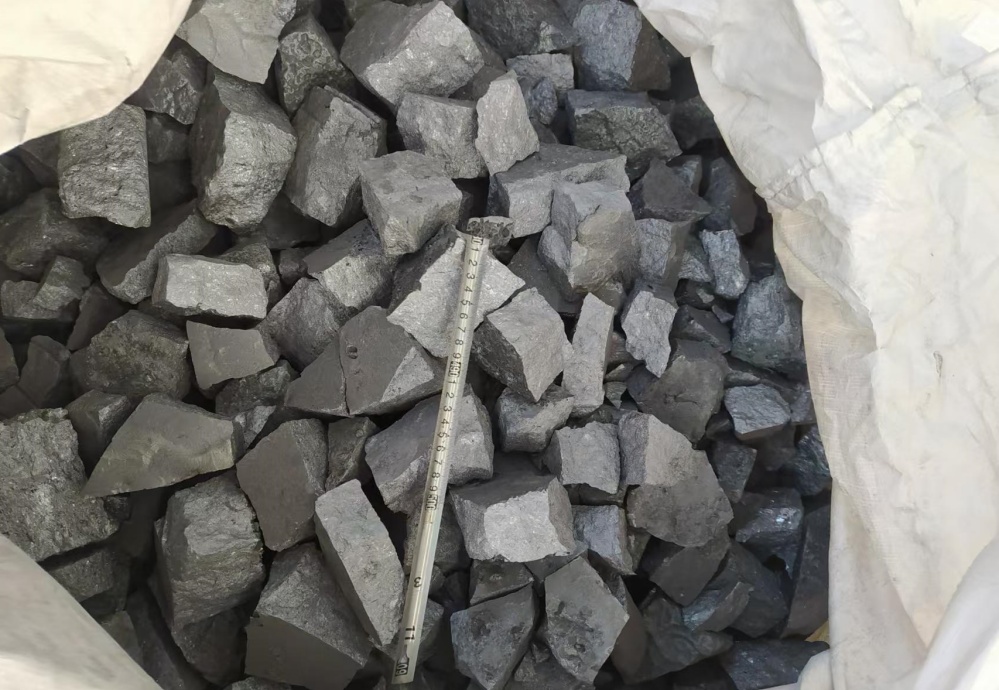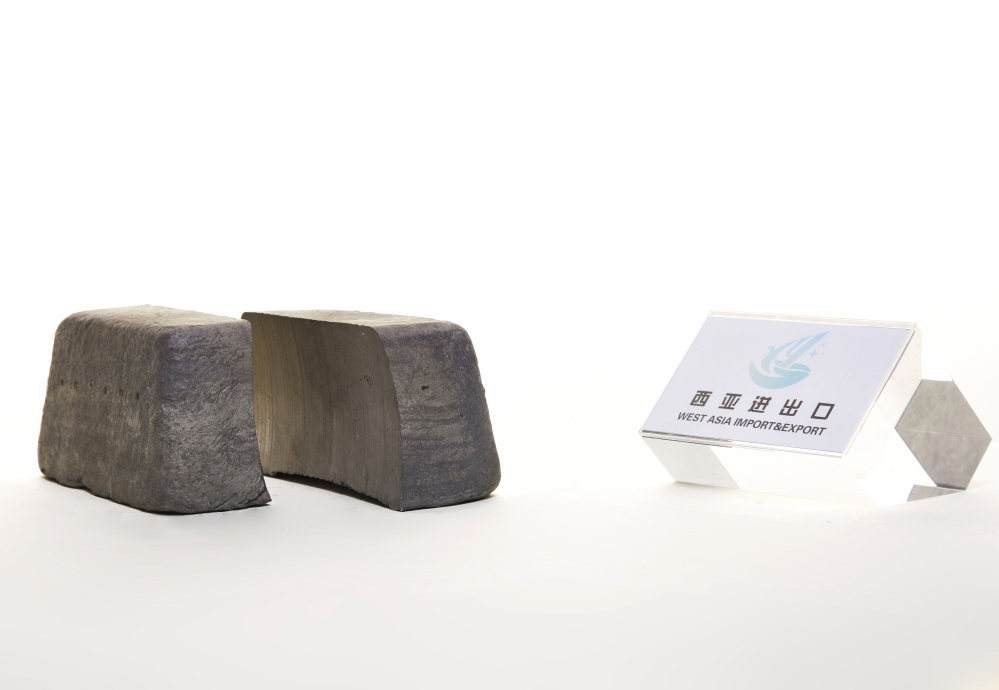Bangladesh steel industry develops steadily
Bangladesh steel industry develops steadily
Despite the extreme volatility of the economy over the past three years, Bangladesh's steel industry has continued to grow. Bangladesh has become the third largest US scrap export destination in 2022. In the first five months of 2022, the US exported 667,200 tonnes of scrap to Bangladesh, second only to Turkey and Mexico.
However, the development of Bangladesh's steel industry is still facing challenges such as insufficient port throughput, power shortage and low per capita steel consumption, but its steel market is expected to grow strongly in the coming years as the country gradually modernizes.
孟加拉轧钢公司(BSRM)副总经理Tapan Sengupta表示,孟加拉钢铁行业最大的发展机遇是该国桥梁等基础设施的快速发展。目前孟加拉国人均钢材消费量在47-48公斤左右,中期需要增加到75公斤左右。基础设施是一个国家经济发展的基础,钢铁是基础设施建设的中坚力量。孟加拉国虽然面积不大,但人口非常密集,需要发展更多的通讯网络,建设桥梁等基础设施,以促进更多的经济活动。
Many infrastructure projects that have been built have already played a role in Bangladesh's economic development. Completed in 1998, the Bungo Bangdu Bridge connects the east and west of Bangladesh by road for the first time ever. The Padma Multipurpose Bridge, due to be inaugurated in June 2022, will connect the southwestern part of Bangladesh with the northern and eastern regions.
The World Bank expects Bangladesh's GDP to grow by 6.4% year-on-year in 2022, 6.7% in 2023 and 6.9% in 2024. Steel consumption in Bangladesh is expected to rise at a similar rate or even slightly higher over the same period.
目前孟加拉国钢材年产量约800万吨,其中长材约650万吨,其余为扁材。该国方坯年产能约为500万吨。预计孟加拉国钢铁需求的增长将受到更多炼钢能力以及废钢需求增加的支持。Bashundhara Group 等大型企业集团正在投资建设新产能,而 Abul Khair Steel 等其他企业正在扩大产能。
Beginning in 2023, BSRM's induction furnace steelmaking capacity at Chattogram City Steel Works will increase by 250,000 tons per year, which will increase its total steelmaking capacity from the current 2 million tons per year to 2.25 million tons per year. In addition, BSRM will add another 500,000 tons of rebar production capacity per year. The company now has two rolling mills with a combined capacity of 1.7 million tonnes/year, which will reach 2.2 million tonnes/year in 2023.
Industry insiders say that with the rise in scrap demand in Bangladesh and other parts of the world, the risk of scrap supply will increase, and Bangladeshi steel companies must explore innovative ways to ensure a stable supply of raw materials.

